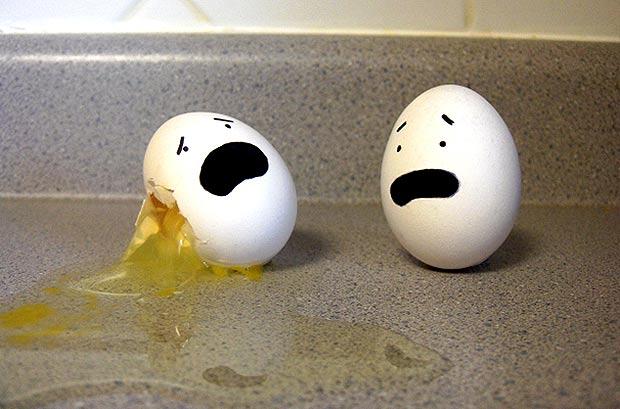×
The Standard e-Paper
Kenya’s Boldest Voice

For many years, eggs have been considered more of a threat than a healthy food due to their high cholesterol content. Often, people want to know how many eggs they can safely consume per day or per week and how the eggs affect their blood cholesterol.